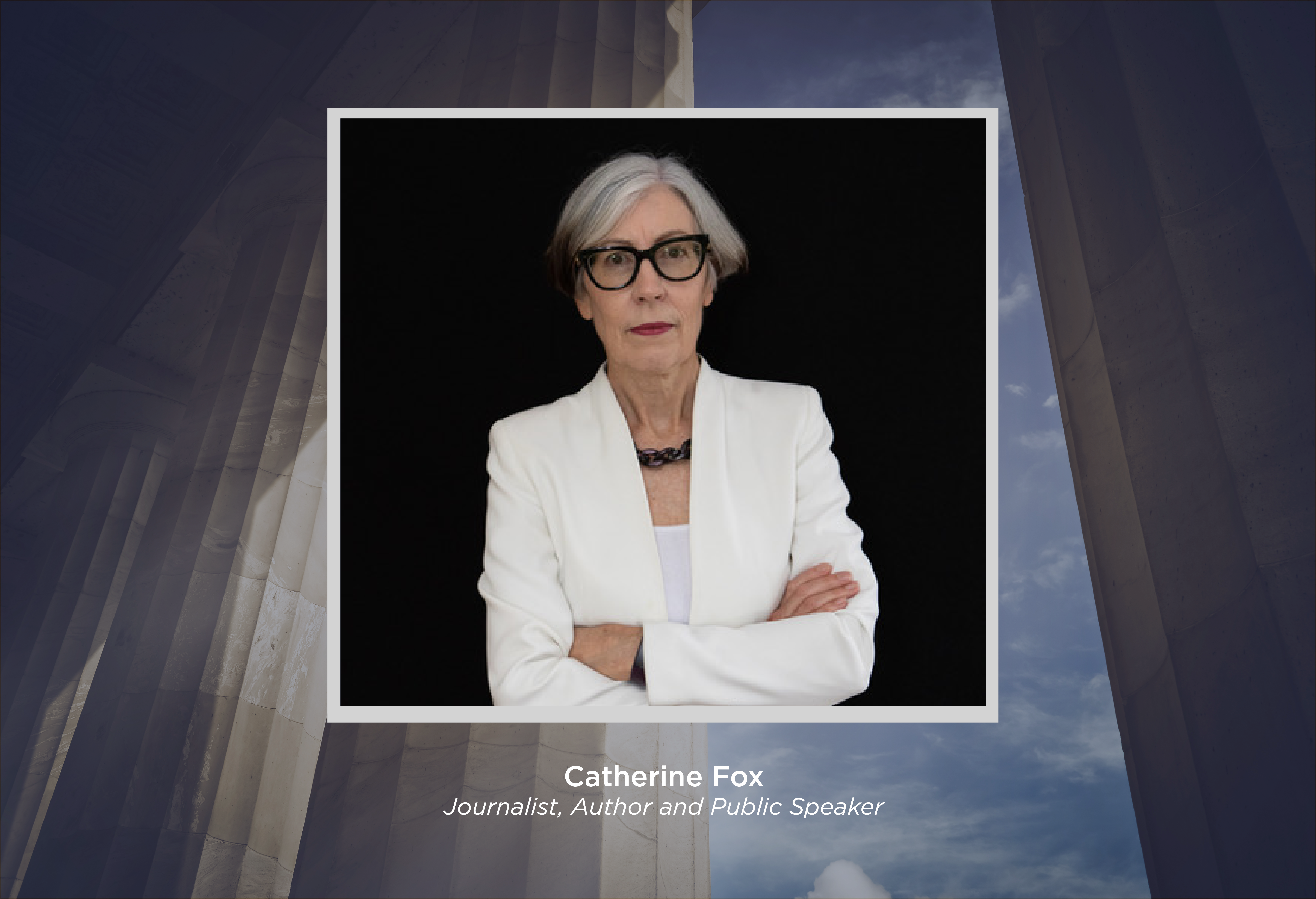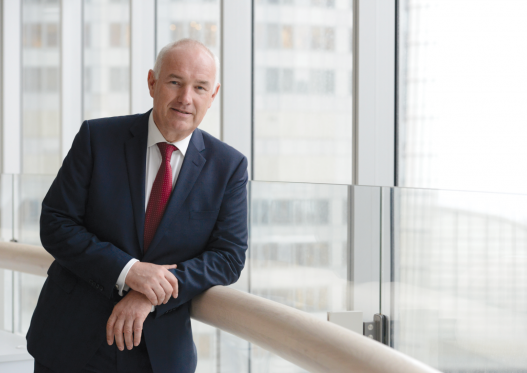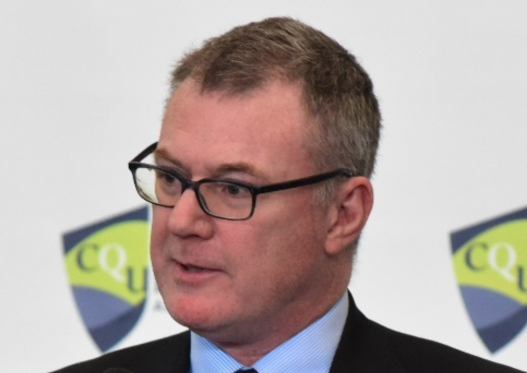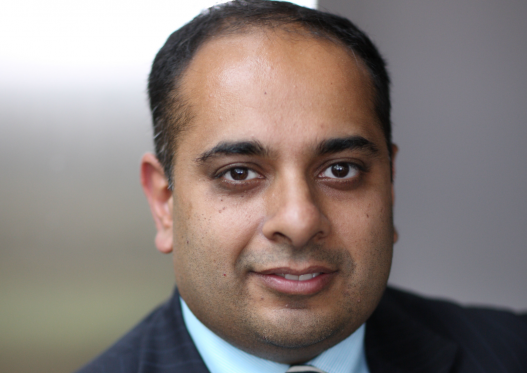Advocate, author and journalist Catherine Fox is concerned with the growing perception gap highlighted by FINSIA’s Gender Divide Survey.
The Walkley Award-winning journalist, who was named as a 2018 Financial Review 100 Women of Influence in the Diversity and Inclusion category, believes progress has at best plateaued and at worst gone backwards.
Findings in the FINSIA survey showed men and women out of step on issues of gender inequality with the majority of men thinking the pay gap was exaggerated.
Of those surveyed for the latest report, 77% of men were either neutral, agreed or strongly agreed that the pay gap was grossly exaggerated, compared to 40% of women.
“It’s confirmed a rather sad cascade of evidence that's been coming out over the last year to 18 months, which shows alarmingly similar findings,” said Fox.
“There’s a real perception gap in many organisations between men and women around the existence of things like the gender pay gap and indeed bias more generally.
“Another part of the FINSIA report that was very interesting was the assumption - not by all men, but by a reasonable proportion - that organisations are more of an even playing field when in fact that's not the case.
“If anything, the data from this year, particularly the Chief Executive Women's census shows, at best we've plateaued, at worst we've gone backwards on a lot of those measures. So it's pretty concerning.
“The FINSIA data suggests is that there is a real problem around this.
“I think if anything that perception gap has been growing and I think that's a worrying barrier for organisations.
“Most of Australia's larger organisations - indeed most in the FINSIA catchment – has upper ranks and decision makers dominated by men.
“If we are going to make changes, then we have to be absolutely sure that those people who are making decisions right now about the future direction of their organisations, understand the picture that the data paints for us.
“The data in Australia is pretty good. So, FINSIA does a great job. The Workplace Gender Equality Agency does a very good job. We actually have pretty good information.
“We’ve been gathering it for a long time, including on the gender pay gap.
“So we do actually have data that goes back over decades. There's not really any excuse for not utilising that.
“To be slightly tongue in cheek, this is a cohort that is meant to be good at numbers.”
For Fox, who has been campaigning for gender equality for more than 30 years - and was involved in the launch of FINSIA’s Gender Divide Survey - “The last 2 to 3 years has been very disappointing.
“The fact is that after all these years I'm being asked again to speak about topics that I thought we had made some progress on.
“I'm still getting asked to speak in front of large audiences and asked to explain again, why targets and or quotas don't compromise merit and about the existence of the gender pay gap. And whether it is exaggerated, despite the clear evidence we have.
“So I must say when I saw the FINSIA findings I wasn't surprised, because I hear that all the time.
“Looking back, I don't think much has changed and in some ways I think we've gone backwards.”
Pointing to the World Economic Forum’s global gender gap index, that has Australia slipping from 15th to 50th, she added: “So this is not just me. This is not just my reading.
“It's a bit bleak at the moment but there is an upside though. #MeToo has seen women mobilising together and making their experience visible, and they're not going away. They're not giving up.
“I think that social media, which can be such a damaging environment for women, has actually been liberating in some ways. It's allowed them to connect, everyone said, ‘Oh, #MeToo will disappear.’ It hasn't disappeared.
“The second thing is a shift in the business world. I've been fascinated by watching a lot of institutional investors now calling out some of these real anomalies as an urgent economic imperative, and they're doing it a very classic money-driven way, saying, "We will not invest unless you sort this out."
“I think the pressure from that, from a number of superannuation funds - institutional investors picking up on this agenda - is a very hopeful sign.”










